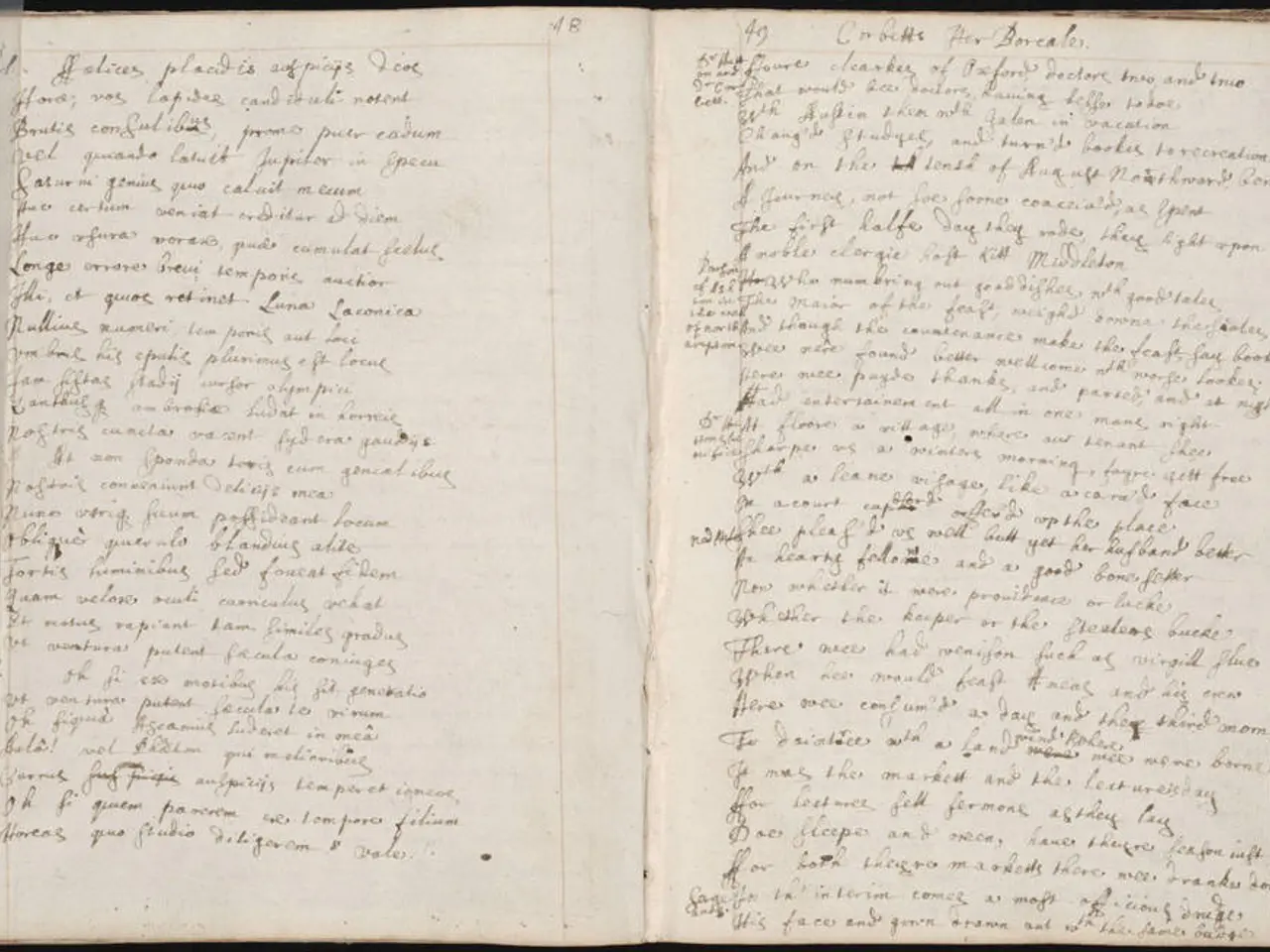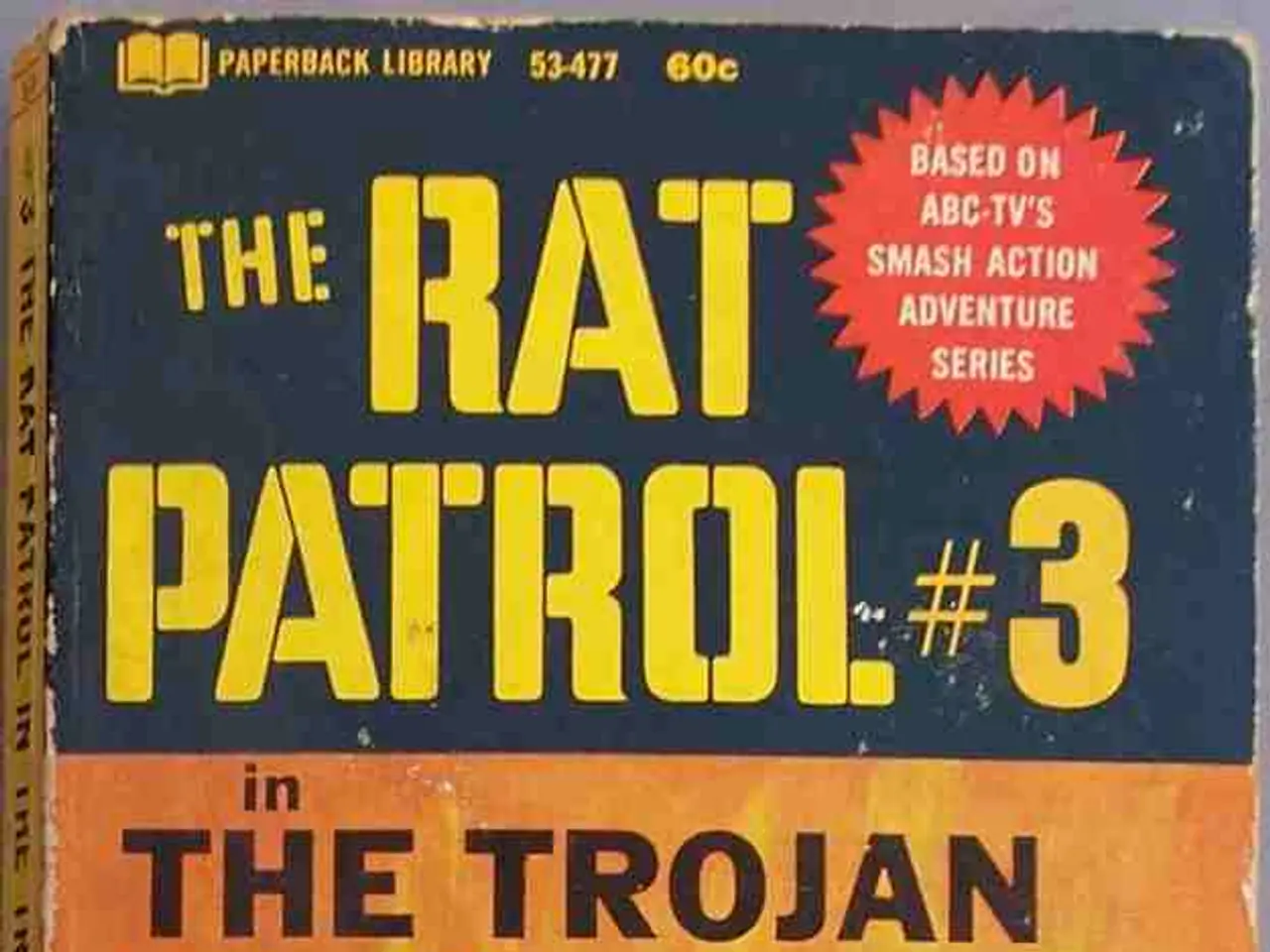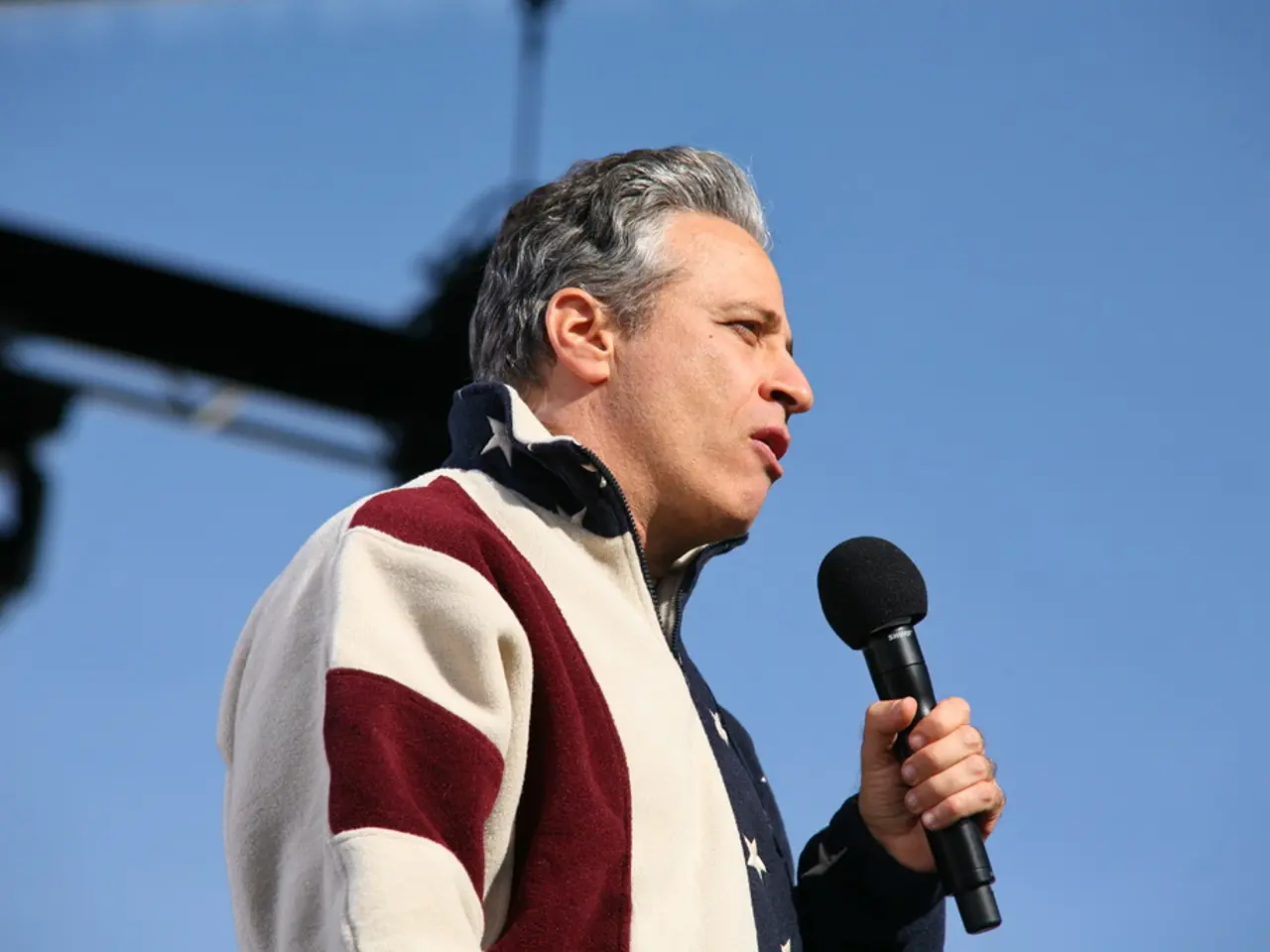Zionism's impact: From welcomed to labeled as 'genocide perpetrators'
The evolution of the Zionist movement has been a contentious and complex chapter in the history of the Middle East, with far-reaching consequences for the Palestinian population.
As the Zionist movement gained momentum, it unfortunately transformed into a tragic chapter of genocide for Palestinians, orchestrated by Israeli politicians, generals, and soldiers. This dark period, which started as "ethnic cleansing" in 1945, has continued to the present day, with the West playing a significant role as an accessory to this ongoing tragedy.
The support for this genocide has been evident, with Western leaders, including British Prime Minister Keir Starmer, employing words to appear supportive of Palestine, but continuing to support the ongoing conflict. This backing can be traced back to U.S. President Harry Truman, who, following the end of World War II, provided critical support for Israel, not a small "Jewish State" in Mandate Palestine, but Greater Israel.
This decision, influenced by domestic political considerations and the influence of Zionist supporters in the U.S., helped ensure Israel's establishment as a state and thus accelerated Palestinian displacement beginning in 1948, a period Palestinians refer to as the Nakba ("catastrophe").
Western countries, particularly the U.S., have continued supporting Israel with military aid and diplomatic cover, often vetoing United Nations resolutions critical of Israeli policies. This support has facilitated Israel's ongoing territorial expansion, including settlement activity and military operations affecting Gaza and the West Bank, leading to repeated Palestinian displacement and humanitarian crises.
European countries have shown a mix of approaches. Some, like Germany and Italy, have aligned with the U.S. in opposing Palestinian statehood bids in international forums, while others like the UK and France recently moved to recognize Palestine officially, signaling a potential shift. However, Israel remains a key ally of the West, and much Western support has been criticized for enabling Israeli policies that Palestinians and many international observers regard as ethnic cleansing or apartheid.
It's important to note that this tragic history is not without its exceptions. Turks, for instance, have historically coexisted with and amalgamated Jews into their society. The Ottomans, initially tolerant of Jews returning to Jerusalem's holy areas, saw hundreds of thousands of Russian and Baltic Jews flow to Mandate Palestine during their one-party rule, seeking a homeland. These Jews were settled in cities such as Istanbul, Thessaloniki, Edirne, and Jerusalem, with local administrators instructed to treat these Jewish immigrants well and punish those who mistreated them.
In recent times, protests against far-right Israeli politicians such as Netanyahu, Ben Gvir, and Smotrich have erupted in Israel, with thousands of demonstrators calling on the Israeli government to agree to a deal to end the war in Gaza. The West continues to provide aid to hundreds of starving Gazans while still using the Oct. 7 attacks of Hamas as an excuse for Israel's actions.
The ongoing genocide in Gaza has resulted in the killing of more than 60,000 women, children, and civilian men. Mouin Rabbani, a Dutch-Palestinian Middle East analyst, argues that Western leaders' key decisions on the Palestine issue were not solely made to curry favor with Jewish voters.
In conclusion, Western countries, most prominently the United States, have played a critical enabling role in Israeli state-building and expansion policies, which have resulted in large-scale Palestinian displacement since 1945, through political endorsement, diplomatic shielding, and military support. Recent diplomatic moves by some European countries show evolving but limited shifts in that stance.
- The Middle East's political landscape, especially with regards to the Palestine-Israel conflict, is a subject of intense international debate, often colored by general news and opinions.
- The evolution of the Zionist movement in the Middle East has led to war-and-conflicts that have displaced thousands of Palestinians, a situation that has drawn criticism from numerous cultural and political spheres across the world.
- In Europe, while countries like Germany and Italy have been consistent supporters of Israel's stance, others like the UK and France have recently recognized Palestine, signaling a possible shift in relations.
- The city of Istanbul, under the rule of the Ottomans, was a haven for Jewish immigrants seeking a homeland, a testament to the potential for religious and cultural coexistence in the Middle East.
- The ongoing genocide in Gaza is a matter of global concern, with more than 60,000 women, children, and civilian men having lost their lives, fueling ongoing discussions and debates in the world of politics and cultural dignitaries.








